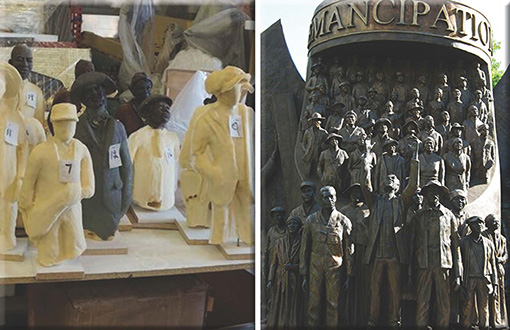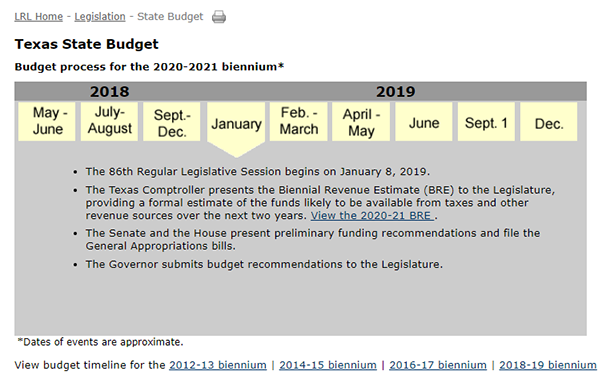Over the years, the Texas Legislature has seen several spouses follow in their partner's legislative footsteps. On our
Women Members of the Texas Legislature, 1923-present page, footnotes indicate the five instances in which a legislator succeeded her spouse in an unexpired term following his death, and the three wives who served as temporary acting representatives during their husbands' military deployments. (Footnotes also point out where women were elected but never sworn into a legislator's role.)
- Maribelle Stewart appears to be the first wife to complete her husband's term in the Texas Legislature following his death. W. Lacy Stewart (Senate, 50th Legislature) passed away on March 22, 1947. Maribelle won a special election to fill the vacancy, but she resigned her seat representing Senate District 16 in 1948 when she remarried.
- Persis Henderson (House, 51st) succeeded her husband, A. Robin Henderson (House, 49th-51st) in representing House District 61 when he died on March 15, 1949. Persis won a special election to fill the seat (running as Mrs. A. Robin Henderson); she announced for reelection to a full term but withdrew her candidacy, citing low legislative pay and the high cost of living in Austin.
- Sue Hairgrove (House, 60th) won a special election to succeed her husband, Jim Hairgrove (House, 60th) for the House District 20-F seat when he passed away on April 12, 1967.
- Lou Nelle Sutton (House, 64th-70th) succeeded her husband, G.J. Sutton (House, 63rd-64th), following his death on June 22, 1976, and her special election win to represent House District 57-E on August 7, 1976. Lou Nelle went on to be reelected to the 65th-70th Legislatures.
- Myra Crownover (House, 76th-84th), in a May 2000 special election, succeeded her husband, Ronny Crownover, (House, 76th) following his death on March 26, 2000. She continued to represent House District 64 for nearly two decades.
- Valerie Corte (House, 79th, 81st), Cheri Isett (House, 79th), and Melissa Noriega (House, 79th) were selected by their husbands to serve as temporary acting representatives during military deployments. Frank Corte (House, 73rd-81st) was called to military service during his legislative service twice; Carl Isett (75th-81st) and Rick Noriega (House, 76th-80th) were each called once during their time in the House.
In addition to spouses filling unexpired terms, there are several other cases where spouses succeeded their partners in the legislature, separated by a few years or by redistricting. (And in the first case, separated by divorce, too.)
- Neveille Colson (House, 46th-50th Legislatures; Senate, 51st-59th Legislatures), the first woman to serve in both chambers of the legislature, was elected to represent House District 27 a couple years after her then-husband, Nall Colson (House, 43rd-44th), lost the seat. The couple divorced in 1938, before Neveille took office in 1939.
- Betty Denton (House, 65th-73rd) represented McLennan County, House District 35-A, following her husband, Lane Denton (House, 62nd-64th), who resigned the House District 35-1 seat to run for the Texas Railroad Commission. Redistricting meant that while they represented the same county, the district was different.
- Sam Harless (House, 86th) appears to be the first husband to fill a seat formerly occupied by a wife. He was elected in November 2018 to serve House District 126; Patricia Harless served the district from the 80th-84th Legislatures.
- Angela Paxton (Senate, 86th-87th), elected in November 2018, serves Senate District 8, the same seat that her husband, current Attorney General Ken Paxton (House, 78th-82nd, Senate, 83rd), occupied.
- Frances Rountree and Cora Strong were the first widows of legislators elected to serve in the Texas Legislature, both serving as representatives in the 42nd Legislature. Cora's husband, N.R. Strong, died while representing House District 55 during the 41st Legislature. Cora was elected to the seat for the following session. Frances' husband, Lee J. Rountree (House, 37th-38th), died at his desk in the House chamber in 1923. In 1930, running as "Mrs. Lee J. Rountree," Frances was elected to the House; however, redistricting in the intervening years changed the House District number for Brazos County from 22 to 26.
This blog post is the first in a series, with posts to come on legislative siblings, parents/children, and other family connections.
This entry was posted on January 17, 2019 at 9:15 AM and has received 1999 views.
Print this entry.
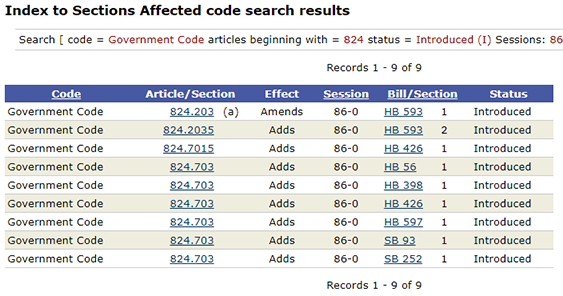

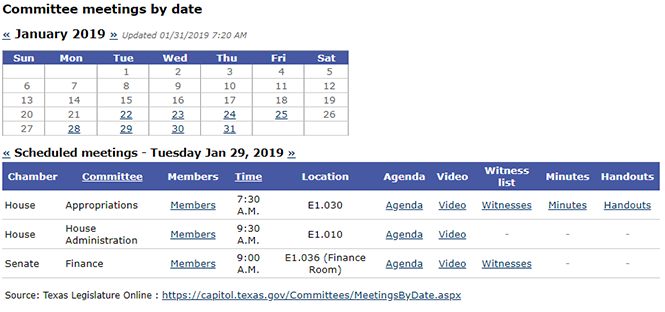
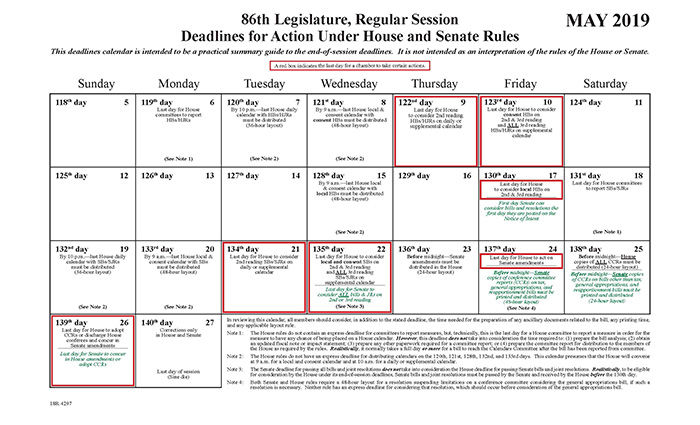
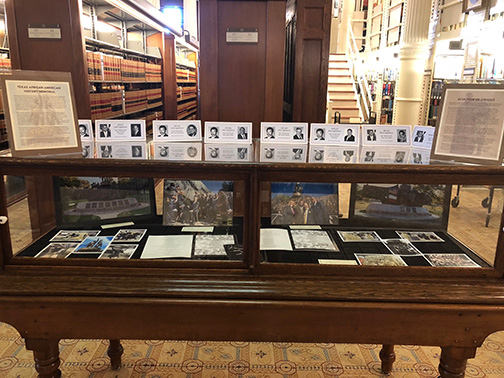 Entering the Capitol grounds from the south, one of the first monuments visitors see is the Texas African American History Memorial. Unveiled on November 19, 2016, the monument commemorates African American Texans and their contributions to the history and evolution of the Lone Star State.
Entering the Capitol grounds from the south, one of the first monuments visitors see is the Texas African American History Memorial. Unveiled on November 19, 2016, the monument commemorates African American Texans and their contributions to the history and evolution of the Lone Star State. 